“We don’t have much, but we do have our self-respect — and now they’re trying to take that away!”
|
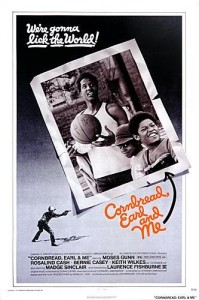
Synopsis:
When a college-bound basketball star (Jamaal Wilkes) is accidentally shot by two cops (Bernie Casey and Vince Martorano), several witnesses — including a 12-year-old boy (Laurence Fishburne), his cousin Earl (Tierre Turner), and a storeowner (Charles Lampkin) — are intimidated by the police into keeping quiet.
|
|
Genres, Themes, Actors, and Directors:
- African-Americans
- Corruption
- Courtroom Drama
- Falsely Accused
- Untimely Death
Review:
Based on Ronald Fair’s novel The Hog Butcher (1966), this uneven yet compelling tale of mistaken identities and police corruption in an African-American neighborhood is primarily notable for featuring 14-year-old Laurence Fishburne in his movie debut. Well-acted by most of the cast, and full of believable, three-dimensional characters, Cornbread, Earl and Me manages to effectively illustrate racial and economic tensions without simplifying the issue into “black versus white”. Unfortunately, the same can’t be said for the film’s portrayal of police corruption, which is both heavy-handed and predictable; while I haven’t the slightest doubt that the corrupt bullying of potential witnesses (particularly in lower socio-economic neighborhoods) takes place on a regular basis, it needed to be handled with much more finesse here. Despite its uneven script, however, Cornbread, Earl and Me is most definitely worth a look.
Redeeming Qualities and Moments:
- Laurence Fishburne as Wilford
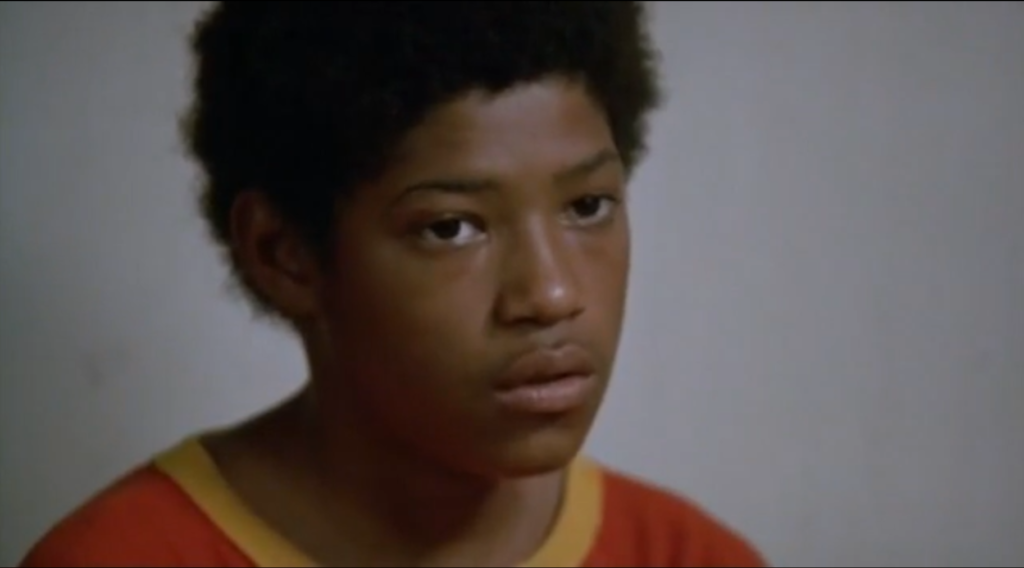
- Rosalind Cash as Wilford’s mom
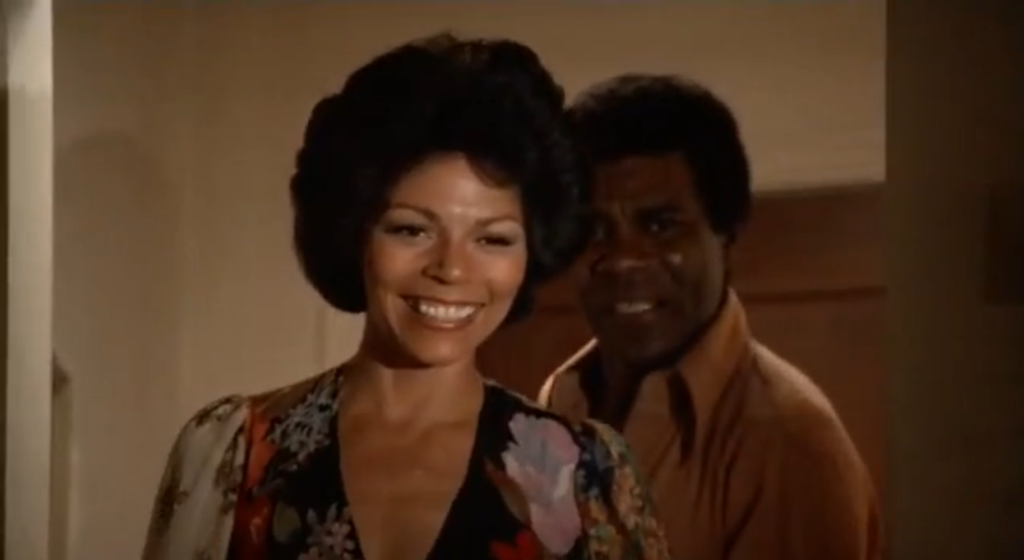
- Bernie Casey as the African-American cop convinced he killed the right man
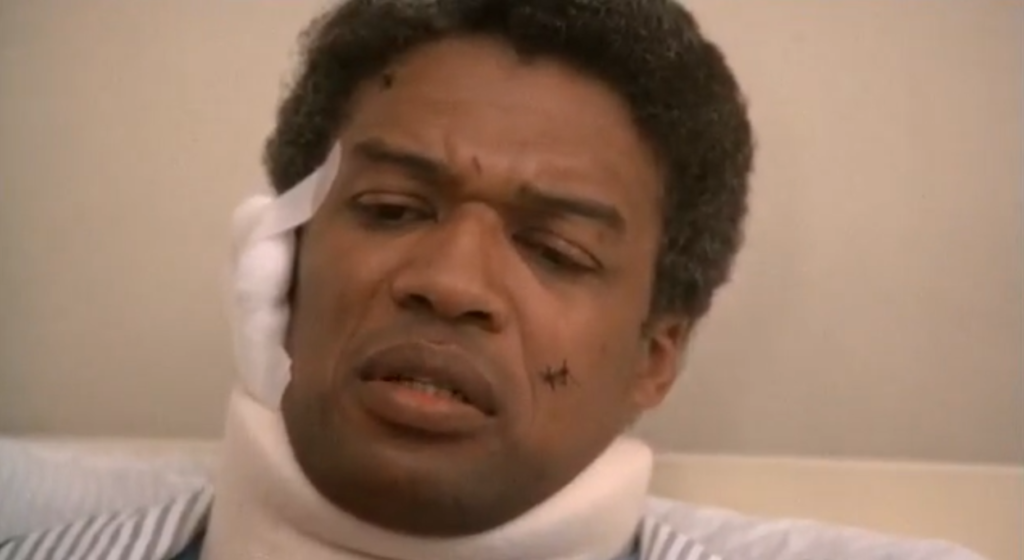
- Stack Pierce and Madge Sinclair as Cornbread’s parents
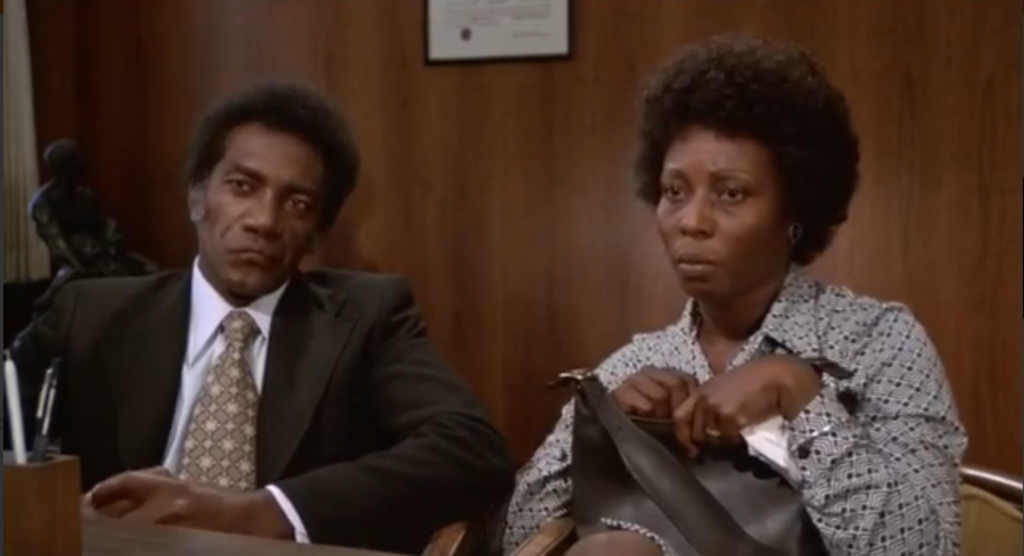
- Donald Byrd’s score
Must See?
No, but it’s worth seeking out. Listed as a Sleeper in the back of Peary’s book.
Links:
|
One thought on “Cornbread, Earl, and Me (1975)”
First viewing. Not must-see.
Rather in agreement with the review. Will the truth set you free? That’s what this film investigates. We all know how many times the truth can simply not matter – especially when it comes to those trying to frame others to save their own skin (or, in this case, protect their own police force). The second half of ‘CE&M’ is a marked improvement over the first – for awhile, the film rambles in made-for-tv-like mediocrity. In overall presentation, the film is a mix of the balanced and the heavy-handed. (The soundtrack doesn’t help particularly.) Still, as the film progresses, the script becomes most successful in showing how willing or hesitant people can be when it comes time to tell the truth, weighing it against what it may cost them personally. That gives the film its most potent element (making it worth a look for that aspect alone).